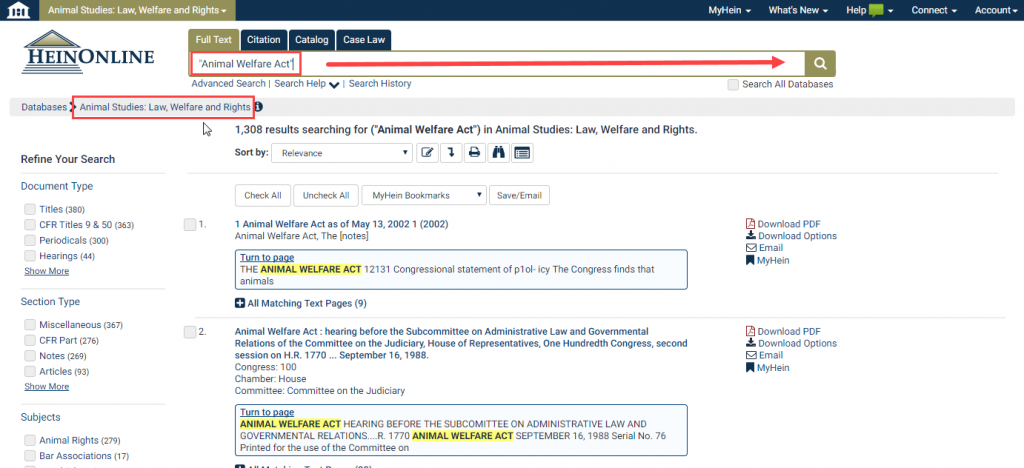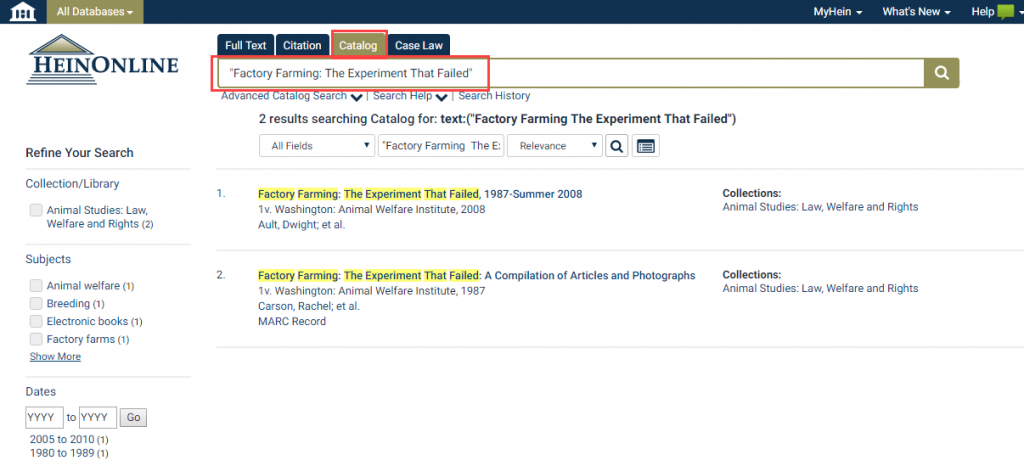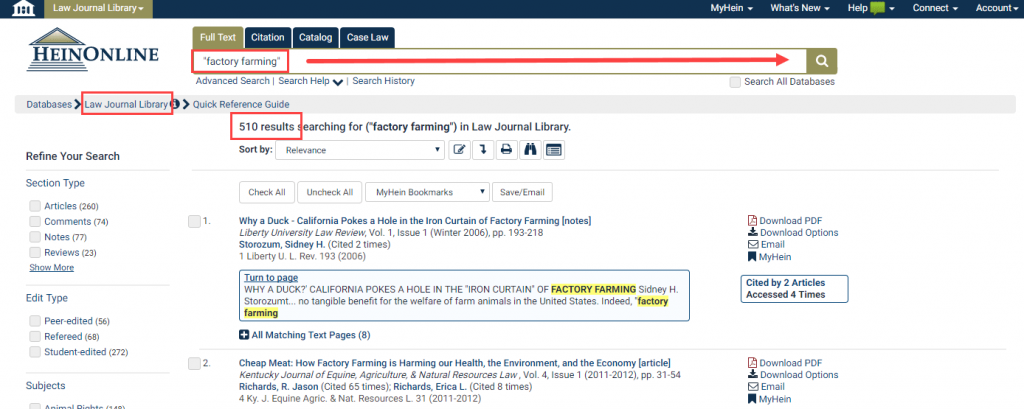Factory farming, also known as industrial livestock production, has nearly completely replaced traditional farming. In fact, 99% of farm animals are raised in factory farms. These farmsteads focus mainly on a high-level output of meat, egg, and milk production. In order to obtain these elevated results, animals are often confined and fed steroids. This has sparked a debate on whether or not these practices are ethical, safe, or even necessary.
How Did Factory Farming Begin?
Back in 1947, British farmers in the UK were provided subsidies due to a new Agriculture Act. The idea behind this allowance was that farmers could increase their output of meat and consequently reduce the need to import from other countries. Following suit, the United States adapted this new way of farming in 1966. Since then, factory farming has been on the rise.
So What’s the Beef?
Many of the concerns surrounding factory farms hinge on the treatment of the animals. The animals can be confined or caged. On top of that, cows are given growth hormones to increase their size and milk output. Often, they live shorter lives due to their harsh and often inhumane living conditions. When calves are born, they are removed from their mothers. Naturally, this can cause distress to both the mother and the baby.
Farm animals are omitted from many of the protections of the Animal Welfare Act and other animal-related legislation. However, the Twenty-Eight Hour Law protects animals during transportation to farms which allows for adequate food, water, and rest. Also, farm animals who are to be slaughtered must be sedated, as part of the Humane Slaughter Act.
According to Business Insider, the U.S. is straying away from factory farming. Larger corporations, such as McDonalds and Walmart, are refusing eggs from hens that are in battery cages. Legislators in multiple states are refusing to approve “Ag-Gag” laws. These laws restrict someone from having access to filming or photographing farms without the owners’ consent.
If you want to know more about what the Animal Welfare Act entails, you can search within our Animal Studies: Law, Welfare and Rights database. Within this database, type “Animal Welfare Act” into the Full Text option.

You can also check out a recent addition to this database. Search “Factory Farming: The Experiment That Failed” under the Catalog tab. This was one of several titles added with the most recent HeinOnline content release.

Search within the Law Journal Library for scholarly articles on this controversial subject. Once you are in the database, search “factory farming” under the Full Text tab.

For help searching or navigating HeinOnline, contact the dedicated support team at (800) 277-6995, by email, or live chat!
If you would like further information on this subject, please visit the Animal Studies: Law, Welfare and Rights database. Not subscribed to this database? You can request a quote or trial from us.



